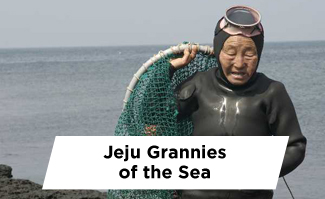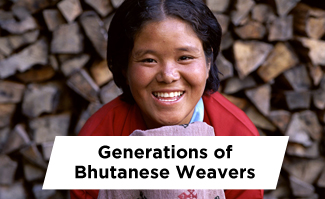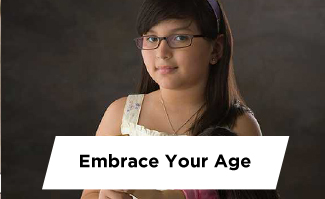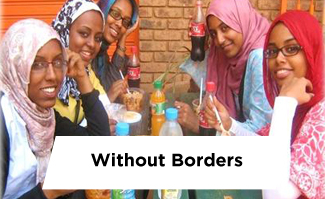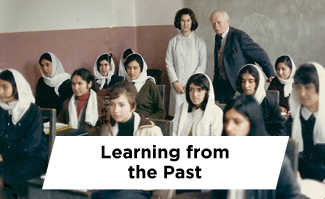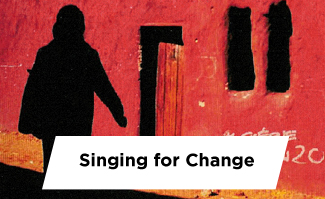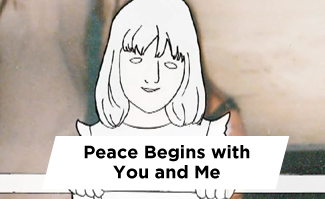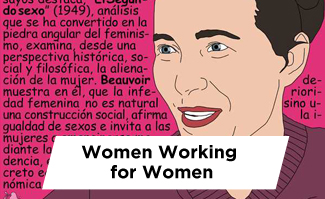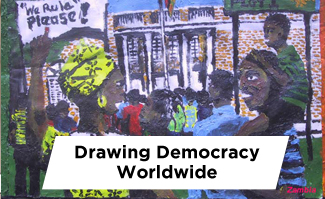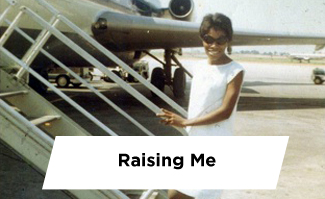Afkhmai
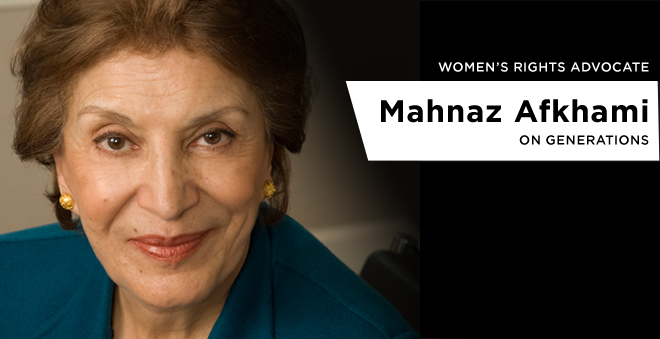
"Making change happen involves transition, from exclusion to inclusion, from inequality to equality...and from tradition to adaptation.All of these have to do with passing the torch from grandmothers to mothers to daughters..."Read more
Mahnaz's Selections
Curator's Statement: Mahnaz Afkhami on Generations
Writing stories with my granddaughter opened me to her world of endless possibility. My childhood world was one of small wonders and many limits; hers is open-ended. We spend a lot of time opening windows into each of our worlds for one another. We share a desire for change and the willingness to do what it takes.
An exciting part of my work at Women’s Learning Partnership(WLP) is daily contact with women and girls in Asia, Africa, Latin America, and the Middle East. Around the world, women are facing and overcoming challenges that are part of transitions. Making change happen involves transition—from exclusion to inclusion, from inequality to equality, from gendered spaces to openness, from hierarchical to participatory leadership, and from tradition to adaptation.
All of these have to do with passing the torch from grandmothers to mothers to daughters. We grandmothers that have lived lives that were slower, quieter, less connected, and much more dependent on face-to-face contact have to look at the world through the eyes of our daughters and granddaughters. For the next generation, friends can be men and women you have never actually seen but who are in constant contact, who live in all corners of the world, to whom knowledge comes not only from schools and books but from seeing, hearing, and accessing the world’s libraries and visual treasuries online.
In many places where WLP works, the majority of the population is below the age of thirty. Transitions happen almost automatically. The granddaughters teach us how to reach out to their world. Older generations offer the depth of experience that comes from a more leisurely relationship with time and space. In the industrialized world, several generations are in the work force simultaneously. The excitement comes from seeing the differences and the similarities of inter-generational exchanges and the tensions, excitement, and humor that is involved in this reciprocity between generations. This is how change happens and how transitions come about. It has been an exciting experience choosing the words, images and sounds that are aspects of the rich tapestry of generations in the family, workplace, leisure, activism and individual self-reflection.
About Mahnaz Afkhami
Mahnaz Afkhami has been a leading advocate of women's rights for more than three decades. She is founder and President of the Women's Learning Partnership (WLP), an international organization that empowers women by developing and using culturally appropriate curricula in twenty languages to train women (currently in forty countries) to become leaders by seeking and taking on decision making roles in politics, business, and civil society. She serves on the boards and steering committees of several international organizations, including the Women's Rights Division of Human Rights Watch; the World Movement for Democracy; and chairs the Global Council of the International Museum of Women. Prior to the Islamic revolution in Iran, she taught English literature at the National University of Iran, where she founded the Association of University Women. She served as Secretary General of the Women's Organization of Iran and Iran's Minister for Women's Affairs. Among the books and manual Afkhami has written or edited are Women in Exile; Faith and Freedom: Women's Human Rights in the Muslim World; In the Eye of the Storm: Women in Post-revolutionary Iran; Leading to Action: A Political Participation Handbook for Women; and Victories Over Violence: Ensuring Safety for Women and Girls, many of which have been translated into several languages and are used in countries across the world. Mahnaz currently resides in Maryland, USA with her husband Gholam Reza Afkhami. She has a son, Asef Babak Afkhami, and two grandchildren.
Get to Know Mahnaz Afkhami
Learn more about Mahnaz Afkhami and why she's involved in IMOW's Curating Change .
- IMOW Matters to me Because... It brings together women from around the world through the arts. It provides them an opportunity to have their voices heard, their imagination and creativity appreciated, and their excellence validated. If “to be is to be perceived,” then IMOW makes it possible for young women “to be” by having their work perceived by others.
- People don't know that I have been writing a collection of children’s stories with my granddaughter, Saphora.
- I Exhibit Change By… Making sure the change begins with me.
Take Action
Learn which causes and organizations matter most to Mahnaz Afkhamiand how you can connect with them.
WOMEN'S LEARNING PARTNERSHIP
WLP is a partnership of 20 autonomous, independent organizations in Asia, Africa, Latin America, and the Middle East who work closely together, across geographic borders and cultural diversities to bring about a world of peace and justice for all. The partnership is unique because it depends on constant communication, mutual respect, and strong solidarity. It is an ongoing pleasure to work with these great women and learn from them every day.
BREAKTHROUGH
The organization uses innovative ways of bringing human rights messages to mass audiences. Their campaign Bell Bajao against domestic violence is an extraordinary vehicle for changing perception and mobilizing for justice for women.


